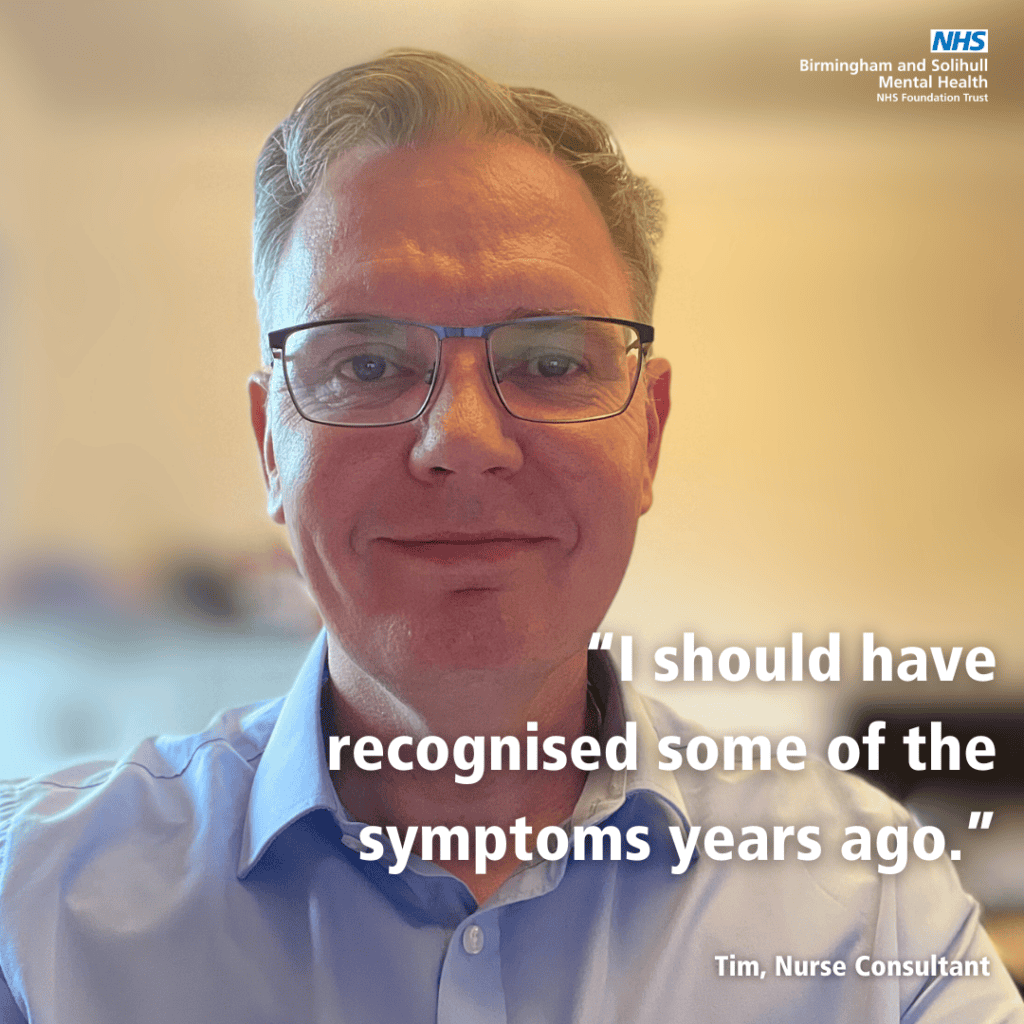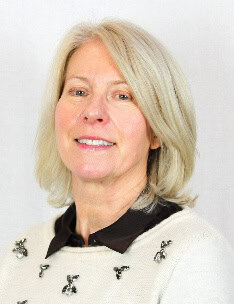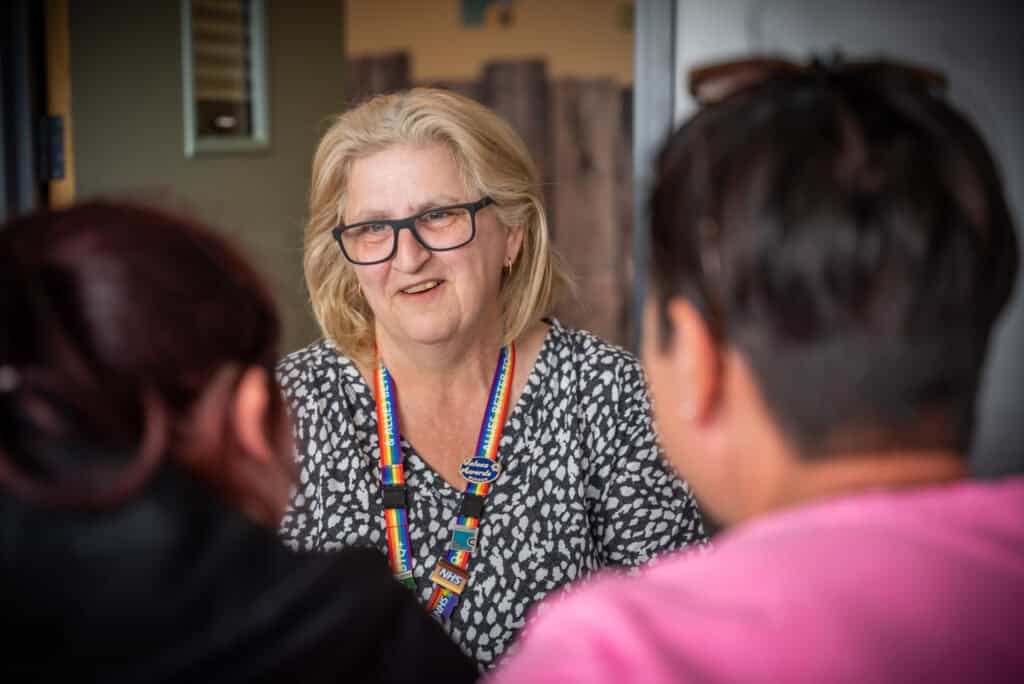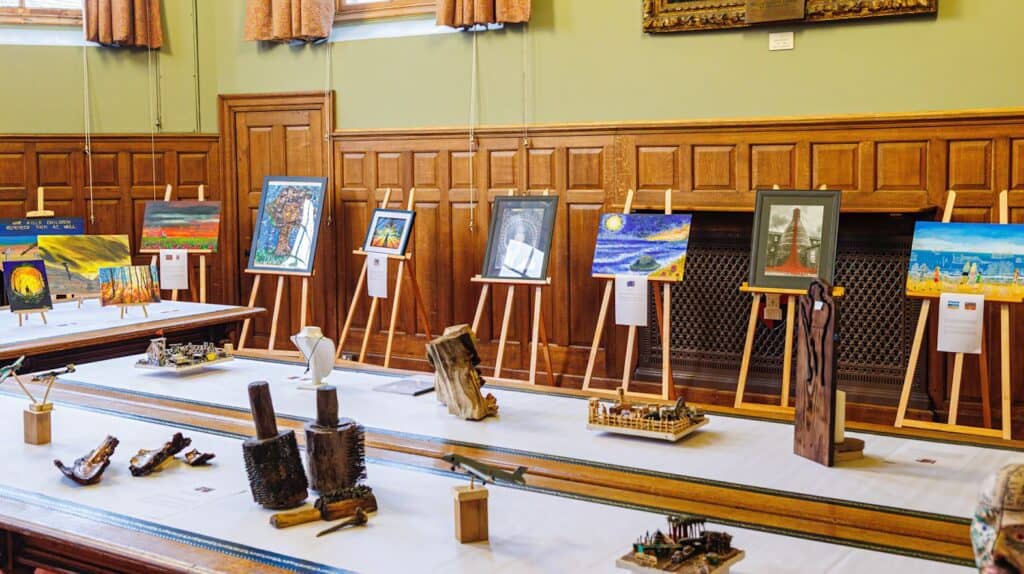“I should have recognised some of the symptoms years ago, but I’m typical of so many other men out there and I just ignored them.”

Fewer men visit a healthcare professional than women. Whether it be for mental or physical health concerns, men are less likely to seek help when they need it.
When it comes to talking about health, we often hear that ‘men don’t talk’… but we are enlisting the help from our male colleagues to show that they do.
Today, Nurse Consultant for Physical Health within Dementia and Frailty, Tim shares how important it is for men to seek medical advice if something doesn’t feel right. This is his story.
“I like to consider myself fit and healthy. I could do with losing half a stone but I was able to complete the Birmingham Half Marathon recently, so I can’t be too unfit. I turn 50 next year and planned to do something big. I wanted to trek in the Himalayas and get up to Everest Base Camp. Sadly, I am no longer able to achieve one of my lifelong dreams.
In October 2021 I was diagnosed with Genetic Haemochromatosis. In basic terms, a genetic disorder that means I hold onto too much iron in my blood. This excess iron gets stored in the major organs: liver, heart, kidneys, pancreas and brain. If untreated it ultimately leads to liver damage, cardiac symptoms, renal failure, diabetes, and dementia.
Genetic Haemochromatosis is the UK’s most common genetic condition, directly affecting over 380,000 people. Although it is commonplace, the condition is significantly under-diagnosed. Key symptoms include joint pains/stiffness (particularly hands), fatigue and cognitive/psychological issues, all of which I can now recognise as having experienced prior to diagnosis.
Not being able to book my Everest Base Camp trek is the first time any health condition has prevented me from doing something I wanted. It has made me bring to mind thoughts of my own mortality and made me reflect on future life choices. My diet is healthier, my alcohol consumption is in moderation and the occasional naughty cigarette around the campfire is a distant memory. Next year, instead of hiking the Himalayas, my 50th will be spent exploring the highlands of Scotland; a part of the world I’ve seen far too little of and don’t require a helicopter on standby in order to visit (I hope).
I should have recognised some of the symptoms years ago but I’m typical of so many other men out there and I just ignored them. My sister got diagnosed before me and as it’s a genetic condition, she made me go and get tested by my GP. Thankfully it’s early enough for me to avoid any serious long-term consequences. Had I not gone in 2021 and spoken to my GP then my future certainly would not look the same.”
If you are concerned about your health, please don’t put it off. Speak to your GP or call NHS 111 to get a professional medical opinion.
Published: 5 June 2024








